Introduction:
Succulents, a diverse group of plants known for their ability to store water in their thick leaves and stems, have gained immense popularity as decorative houseplants in recent years. Beyond their aesthetic appeal, succulents have been associated with several health benefits, both physical and psychological. In this blog, we will explore the scientific evidence behind the health benefits of succulents and understand how these charming plants can positively impact our well-being.
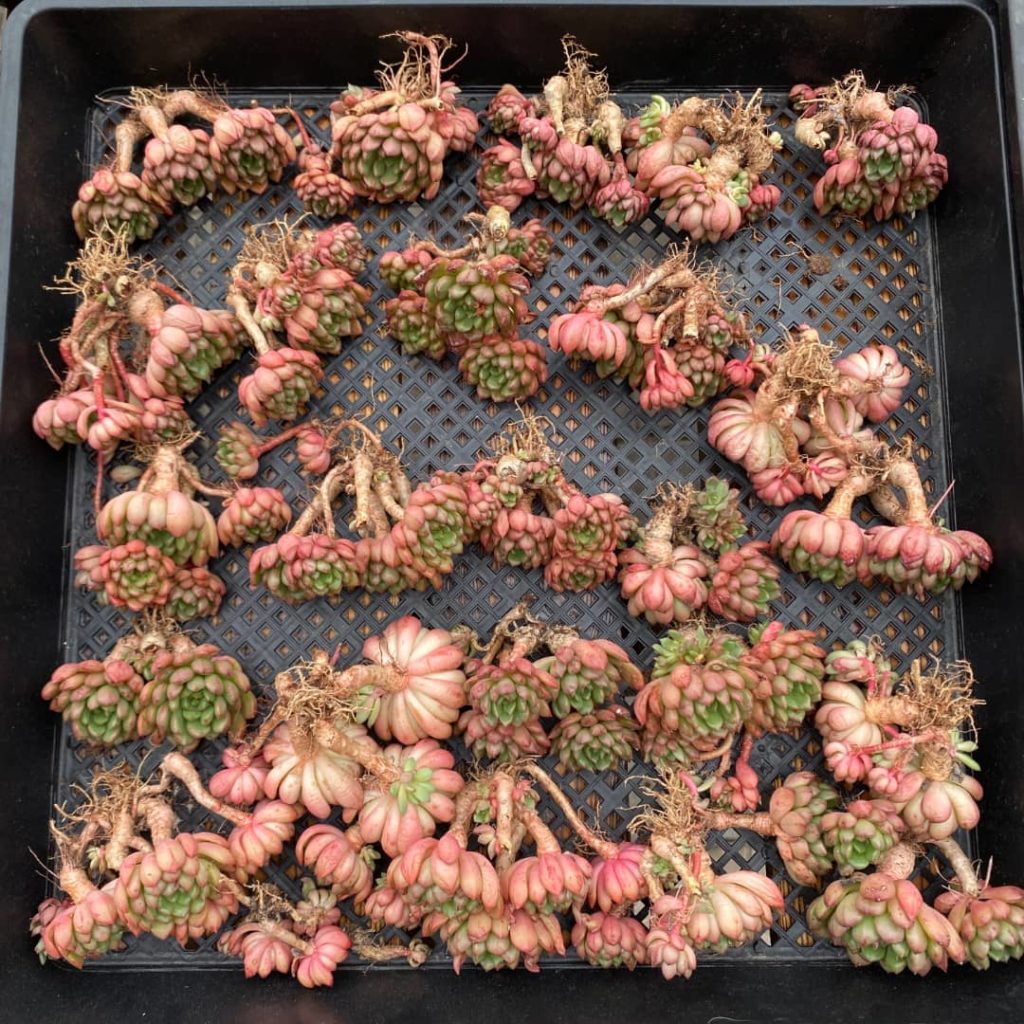
- Air purification and improved indoor air quality:
One of the most well-known health benefits of succulents is their capacity to improve indoor air quality by filtering out pollutants and toxins. Research conducted by NASA in the late 1980s highlighted the air-purifying abilities of various indoor plants, including certain succulent species. According to the NASA study, succulents, such as Aloe vera and Snake Plant (Sansevieria trifasciata), can effectively remove harmful chemicals like formaldehyde, benzene, and xylene from the air. These substances are commonly found in household products, paint, and varnishes, and their removal from indoor environments can lead to healthier air quality.
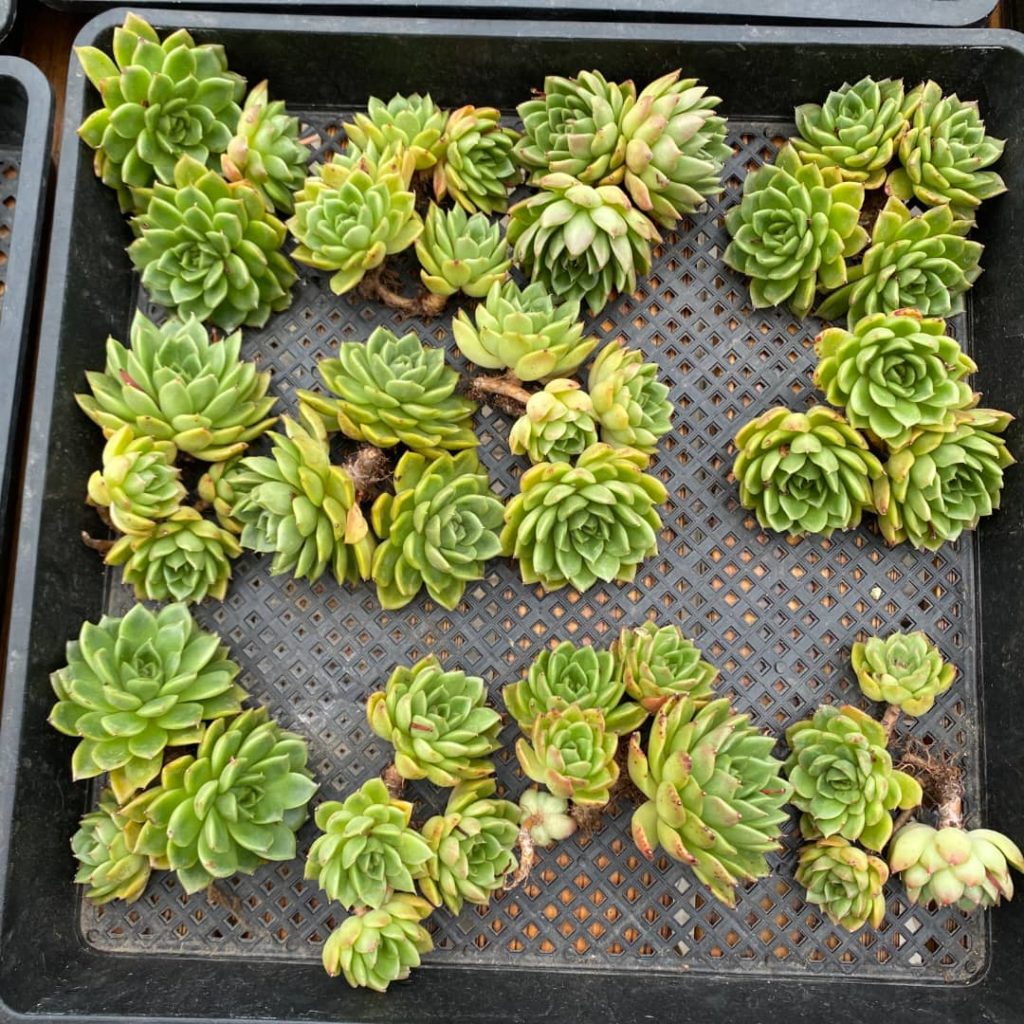
Source: NASA Clean Air Study - Wolverton BC, Johnson A, Bounds K. (1989). "Interior Landscape Plants for Indoor Air Pollution Abatement."
- Stress reduction and mental well-being:
Numerous studies have demonstrated the positive impact of indoor plants on reducing stress and promoting a sense of calm. The biophilia hypothesis suggests that humans have an innate inclination to connect with nature, and having greenery, such as succulents, indoors can satisfy this need. Research published in the Journal of Physiological Anthropology revealed that interacting with indoor plants significantly reduced physiological and psychological stress responses in study participants.
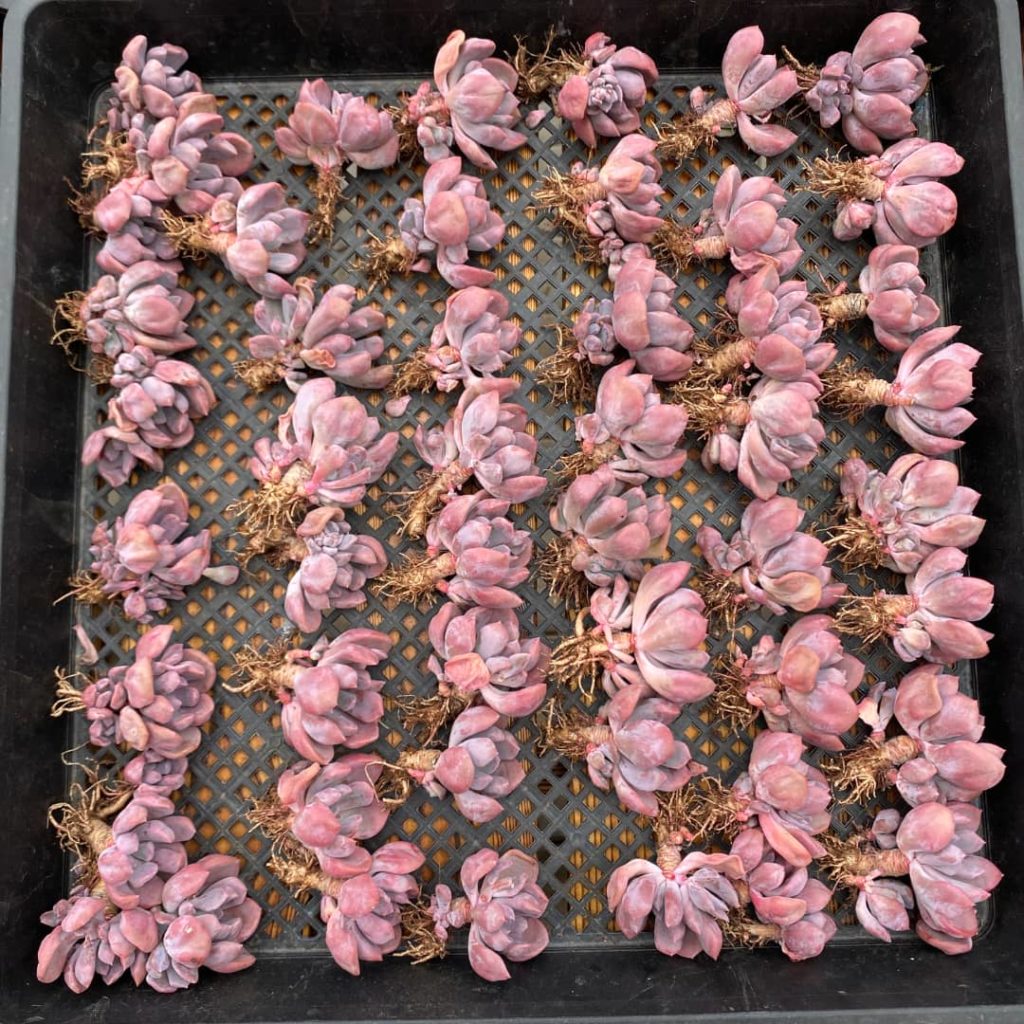
Source: Lee MS, Park BJ, Park KT, Lee DH, Lee J, et al. (2015). "Psychological Benefits of Indoor Plants in Workplaces: Putting Experimental Results into Context."
- Increased productivity and focus:
Apart from reducing stress, having succulents in indoor spaces has been linked to enhanced productivity and focus. A study published in the Journal of Environmental Psychology found that employees working in offices with indoor plants, including succulents, reported higher levels of concentration and improved cognitive function. The presence of these plants in workspaces can create a more pleasant and stimulating environment, leading to increased efficiency and creativity.
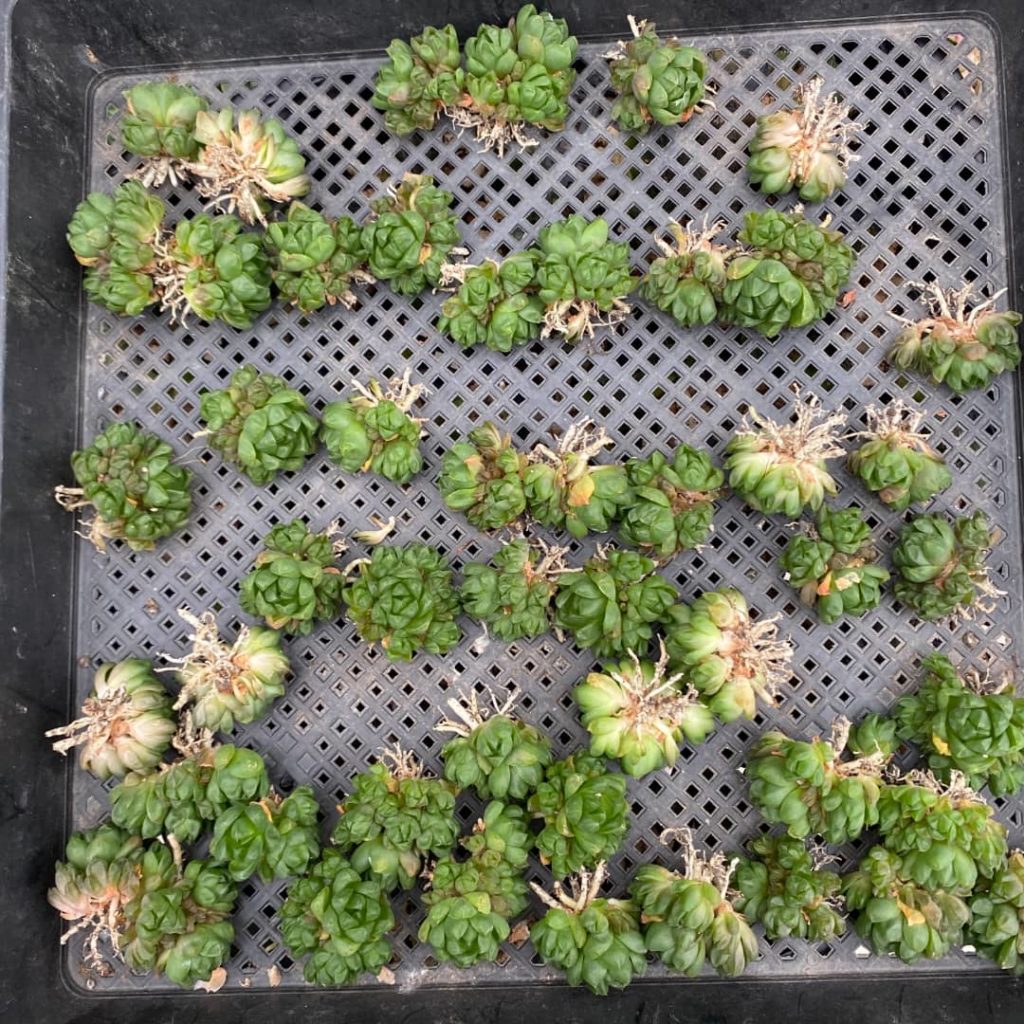
Source: Raanaas RK, Evensen KH, Rich D, Sjøstrøm G, Patil GG. (2011). "Benefits of Indoor Plants on Attention Capacity in an Office Setting."
- Humidity regulation:
Succulents are well-known for their ability to retain water, and this characteristic can have a positive impact on indoor humidity levels. Maintaining proper humidity is crucial for respiratory health, as dry air can lead to issues like dry skin, throat irritation, and exacerbation of respiratory conditions. By releasing moisture into the air through a process called transpiration, succulents can help maintain optimal humidity levels, especially in arid climates and during the winter months when indoor heating systems can dry out the air.
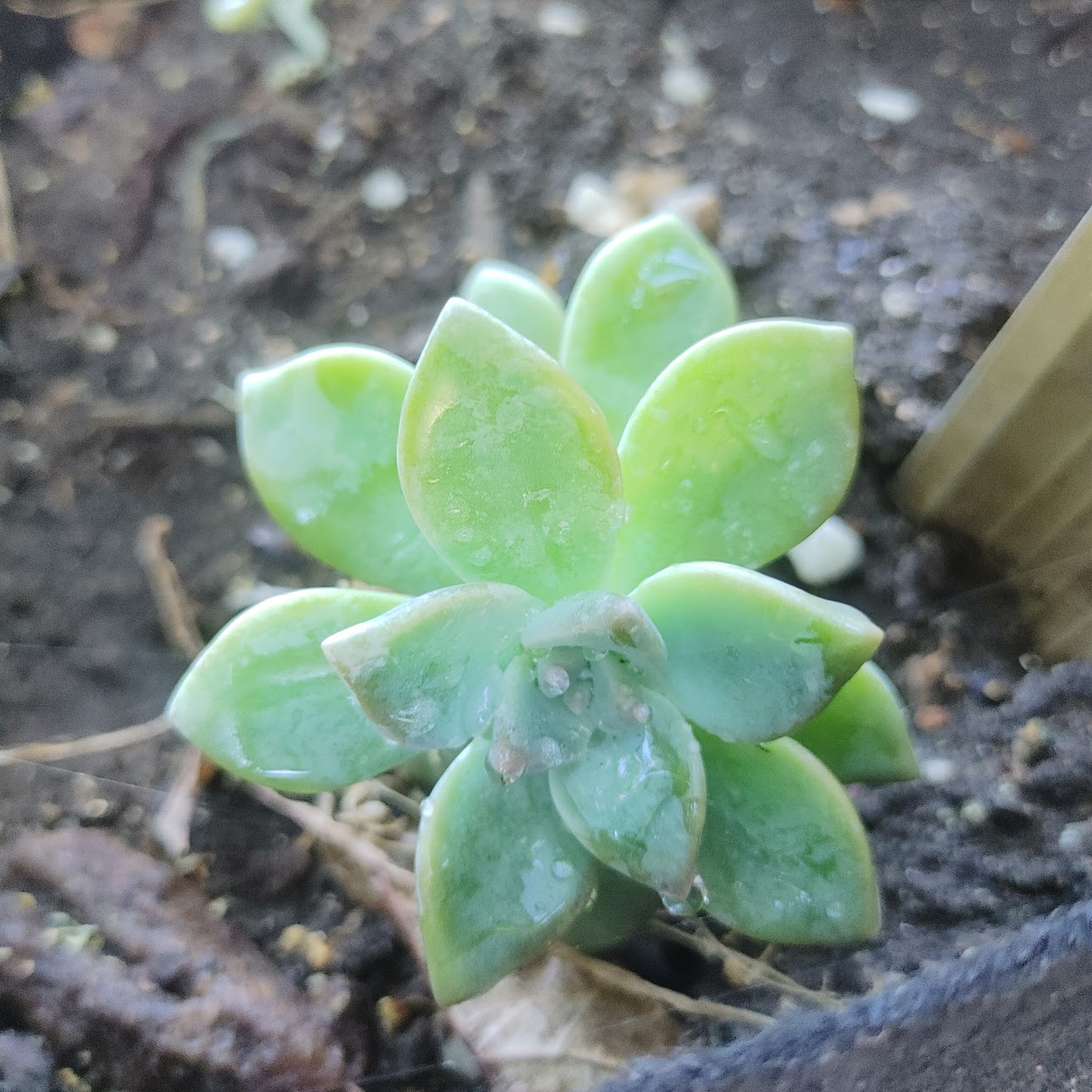
Conclusion:
Succulents offer more than just an eye-catching addition to our homes and offices. Scientific evidence supports the numerous health benefits of these remarkable plants, including improved air quality, stress reduction, increased productivity, and humidity regulation. By incorporating succulents into our indoor spaces, we can create healthier and more pleasant environments, promoting both physical and psychological well-being.
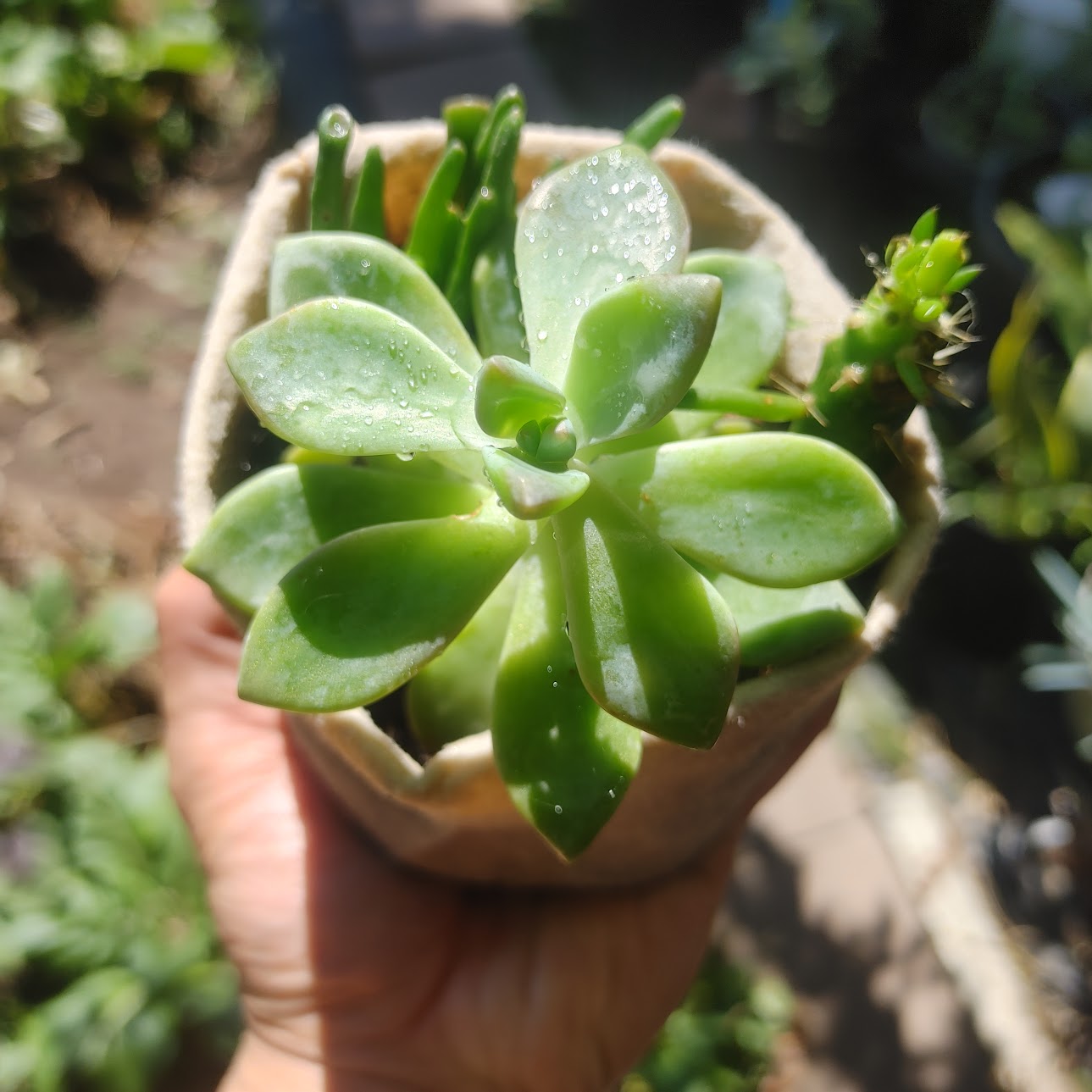
Remember to choose the right succulent species for your space, and enjoy the soothing and health-enhancing qualities these beautiful plants have to offer. If you are looking for succulents, check out the selections of live succulent cuttings from 247Garden, available for sale as low as $0.70/cutting.

